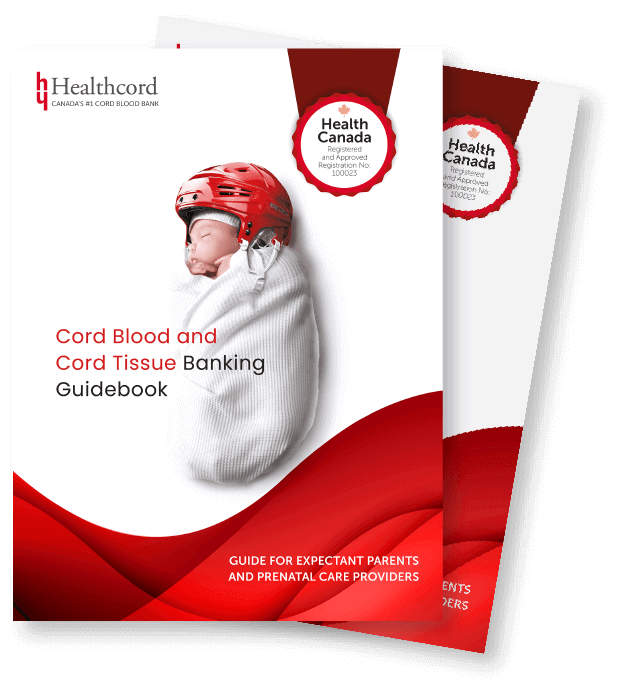Gastrointestinal Diseases
Type 1 Diabetes
| TRIAL HYPOTHESIS | CLINICAL TRIAL ID |
|---|---|
| Is it safe and effective to use mesenchymal stem cells from the umbilical cord to treat type 1 diabetes? |
NCT01954147
Qingdao University |
| Will umbilical cord derived mesenchymal stem cell infusion signal beta-cells to regenerate to improve diabetic control. |
NCT01413035
Fuzhou General Hospital |
| Effectiveness of using sequential transplantation of umbilical cord stem cells and pancreatic islet cells to treat diabetes in children and adolescents. |
NCT01216865
Children’s Hospital of Fudan University |
Type 2 Diabetes
Type 2 Diabetes (T2D) results when beta cells in the pancreas do not produce enough of the hormone insulin, which is responsible for maintaining sugar levels in the blood. Once diagnosed, this metabolic disorder is treated with medication (eg: metformin, sulfonylurea), dietary changes and exercise, based on disease severity.
Several different types of stem cells are under investigation for the treatment of T2D. Below is a list of clinical trials looking at the use of umbilical cord stem cells to treat this chronic disease.
| TRIAL HYPOTHESIS | CLINICAL TRIAL ID |
|---|---|
| Can umbilical cord mesenchymal stem cells be combined with standard drugs like Liraglutide to observe better outcomes with T2D? |
NCT01954147
Diabetes Care Center of Nanjing Military Command, Fujian, China |
| Safety and effectiveness of combining umbilical cord and placenta-derived mesenchymal stem cells with oral drugs used to treat T2D |
NCT01413035
Shandong University |
| Using umbilical cord mesenchymal stem cell injections to avoid the T2D complications associated with diabetic foot |
NCT01216865
Qingdao University |
Crohn’s Disease
People with Crohn’s disease experience abdominal pain, diarrhea, fatigue, weight loss and malnutrition, because of inflammation that happens in the digestive tract. It’s one of the inflammatory bowel diseases (IBD) that is painful, debilitating and can sometimes have life-threatening complications.
There is no cure for Crohn’s and current therapies focus on reducing the symptoms. Due to their regenerative capabilities, researchers are looking at the possibility of using stem cells to ‘reset’ the immune system – to make new cells that reduce inflammation, stimulate repair and dampen the immune response that leads to the disease.
| TRIAL HYPOTHESIS | CLINICAL TRIAL ID |
|---|---|
| Testing the use of umbilical cord mesenchymal stem cells to treat patients with hormone controlled Crohn’s disease |
NCT02445547
Fuzhou General Hospital |
| Phase I/IIa Clinical Trials looking at safety of injecting FURESTEM-CD stem cells into patients with moderately active Crohn’s disease |
NCT02926300
Kang Stem Biotech Co., Ltd. Korea |
| Evaluating the safety and clinical benefits of autologuous hematopoietic stem cell transplantation rescue in the treatment of refractory Crohn’s disease |
NCT03000296
Beneficencia Portuguesa Brazil |
| Using human placental derived stem cells (PDA001) to treat Crohn’s disease |
NCT01769755
Celularity Incorporated. Warren, NJ, USA |
Other Metabolic Disorders
Metabolism describes chemical reactions that happen in the body to properly breakdown nutrients. Metabolic disorders are caused when the body is unable to process metabolites either because the liver or the pancreas does not function properly or because there is an enzyme deficiency. Inherited metabolic disorders occur when a person inherits a defective gene, and can’t produce a specific enzyme.
Stem cells, hematopoietic stem cells in particular, are being explored for treating metabolic disorders.
| TRIAL HYPOTHESIS | CLINICAL TRIAL ID |
|---|---|
| Can MGTA-456 be used to enhance the effectiveness of umbilical cord blood transplants in patients with inherited metabolic diseases? |
NCT03406962
University of Minnesota |
| Assessing the safety of transplanting human placental-derived stem cells AND unrelated and related cord blood into patients with malignant haematological and non-malignant disorders |
NCT01586455
New York Medical College |
A Precious Gift of a Lifetime
Registering for stem cell banking takes only a few minutes.
A Precious Gift of a Lifetime
Registering for stem cell banking takes only a few minutes.




